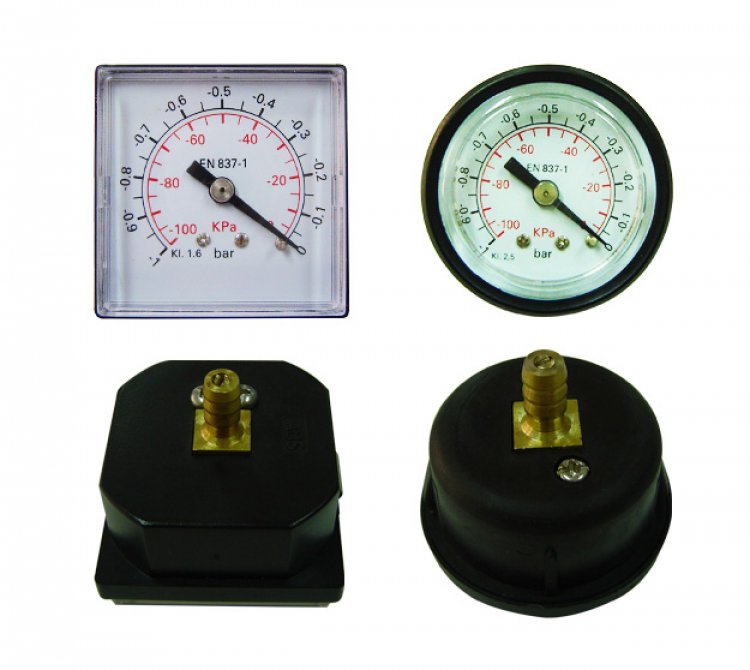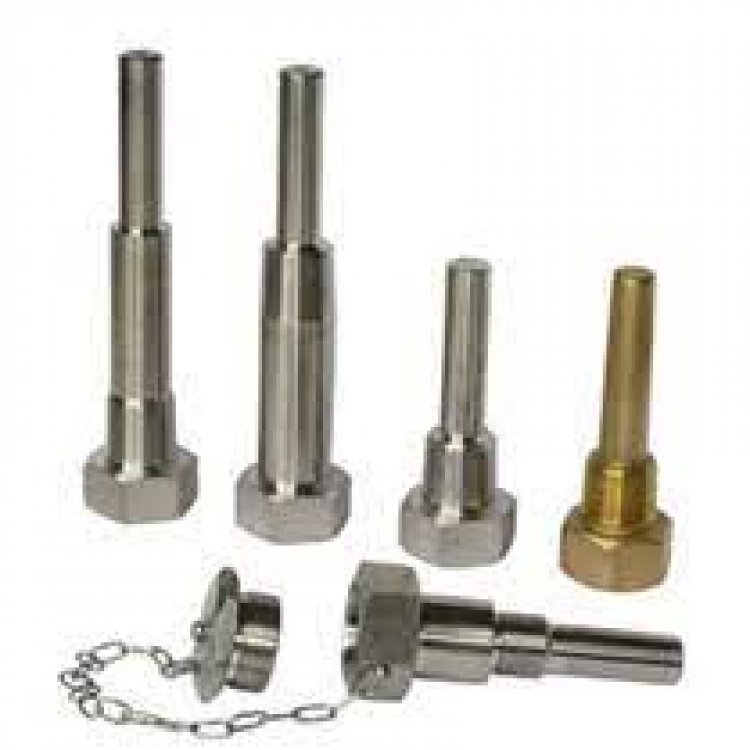A pressure gauge serves what purpose? What uses do they have?
A pressure gauge is a device that checks for leaks or pressure fluctuations in a pressure-powered system.
A pressure gauge is a device that checks for leaks or pressure fluctuations in a pressure-powered system. Pressure systems are made to work within a specific pressure range, and any departure from the recognized rules might significantly influence the system’s operation. Pressure gauges have been around for over a century and are still evolving to meet the requirements of new applications. As more pressure systems go live, Sanitary pressure gauges have become increasingly critical.
Pressure gauge usages
• Automobiles: The tire air pressure gauge is the first thing that springs to mind regarding automobile panel-mounted pressure gauges. Alternative pressure gauges that monitor other vehicle systems, such as air conditioning, oil, and engine coolant, are also available. However, an air pressure gauge is necessary. Almost every significant component in modern autos has gauges and meters.
• Aeronautics: A pilot can obtain information about an aircraft’s condition and pressure fluctuations using various equipment. Both the flying and engine groups have pressure sensors attached. They are the most critical and significant parts of an airplane’s functioning because a bimetal thermometer ensures its safe operation. Each sort of pressure gauge is made for a unique purpose.
• Oil production: Flow lines, separators, and stock tanks are all stressed in the oil industry. A pressure gauge monitors and oversees every part of the oil business, from the wellhead to the tank. All gauges used in the oil business have built-in safety devices to protect people since gauges can blow out if the pressure rises too high.
• Food industry: Pressure gauges for the food sector must be highly hygienic and made of stainless steel grade 316, which can be exposed to the media. Food-grade pressure gauges can resist the vigorous cleaning that comes with food preparation.
• Chemical industry: Chemical industry pressure gauges are built to withstand a wide range of media and harsh conditions. Pressure gauges must be repaired and replaced regularly in the chemical industry. Pressure gauges in the chemical industry are covered with Tantalum, Halar, or Polytetrafluoroethylene to prevent corrosion (PTFE).
• Hydraulic: A Hydraulic pressure gauge is required to operate hydraulic devices. Pressure gauges that aren’t working correctly can cause a system to malfunction, disrupting productivity. Significant pressure Snubber changes could signal a system leak or a hydraulic component failure. Hydraulic pressure liquid-filled gauges must be highly accurate and function in dangerous environments.
Pressure gauges have been around for over a century and are still evolving to meet the requirements of new applications. Pressure gauges Tridicator are available in various sizes, designs, and materials, depending on their intended function.














